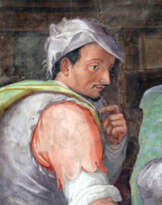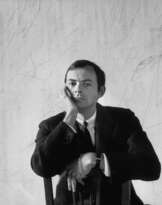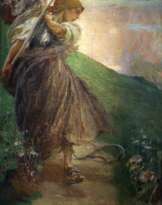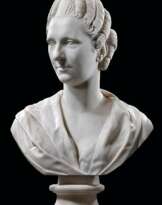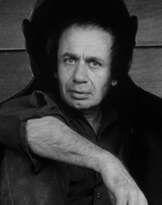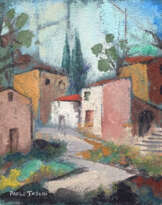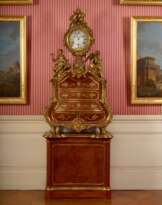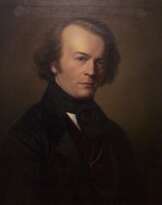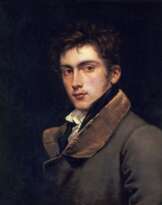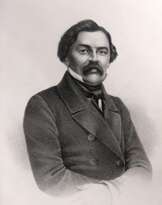Salvatore Tonci (1756 - 1844)
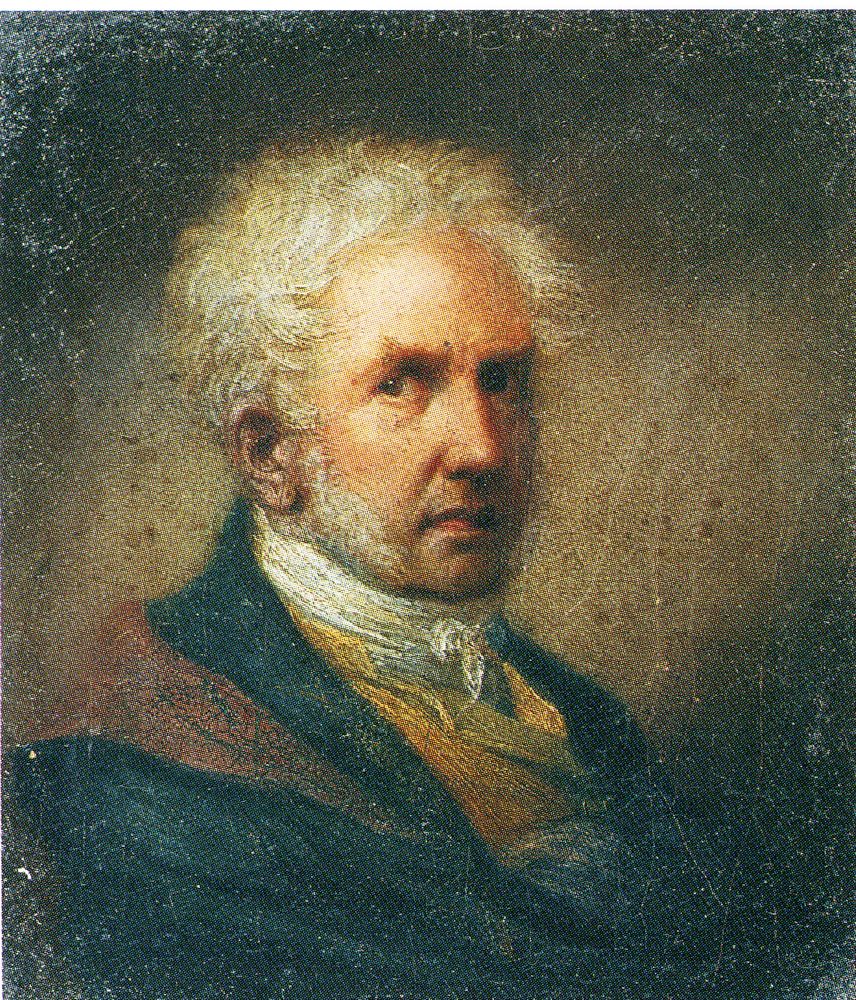
Salvatore Tonci
Salvatore Tonci was an Italian painter, musician, singer, and poet, renowned for his multifaceted artistic talents and his life largely spent in Russia. Born in January 1756 in Rome, Tonci moved to Russia in 1797, where he significantly contributed to the cultural scenes of St. Petersburg and Moscow until his death in December 1844. He was instrumental in the founding of the Architectural School in Moscow and is celebrated for his portrait paintings, which capture prominent figures of his time in a style that combines Italian finesse with Russian sensibilities.
Throughout his career, Tonci produced a series of notable works, including portraits of Russian Emperor Paul I and the poet Gavrila Derzhavin. His work is characterized by its historical depth and artistic mastery, reflecting the social and political landscapes of 18th and 19th century Russia. His contributions were not limited to painting; he also engaged in poetry and played a vital role in the artistic community as an educator, supervising drawing classes at the Moscow School of Painting, Sculpture and Architecture for over two decades.
For those interested in exploring the works of Salvatore Tonci or learning more about his contributions to art and culture, his paintings and other artistic expressions provide a fascinating glimpse into the rich cultural interchange between Italy and Russia during his lifetime. To stay updated on new discoveries and auction events related to Salvatore Tonci, you can sign up for updates, ensuring you don't miss out on any valuable insights or opportunities related to this remarkable artist.
| Date and place of birt: | 1756, Rome, Italy |
|---|---|
| Date and place of death: | December 1844, Moscow, Russian Empire |
| Nationality: | Italy, Russia |
| Period of activity: | XVIII, XIX century |
| Specialization: | Artist, Graphic artist, Painter, Poet |
| Art school / group: | Bolognese School |
| Genre: | History painting, Portrait, Self-portrait |
| Art style: | Romanticism, Neoclassicism, Rococo |
